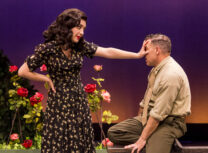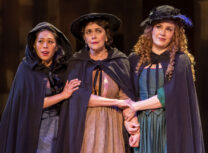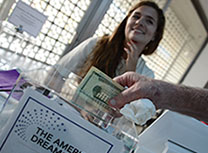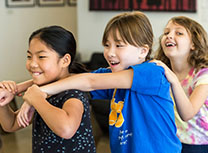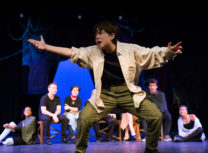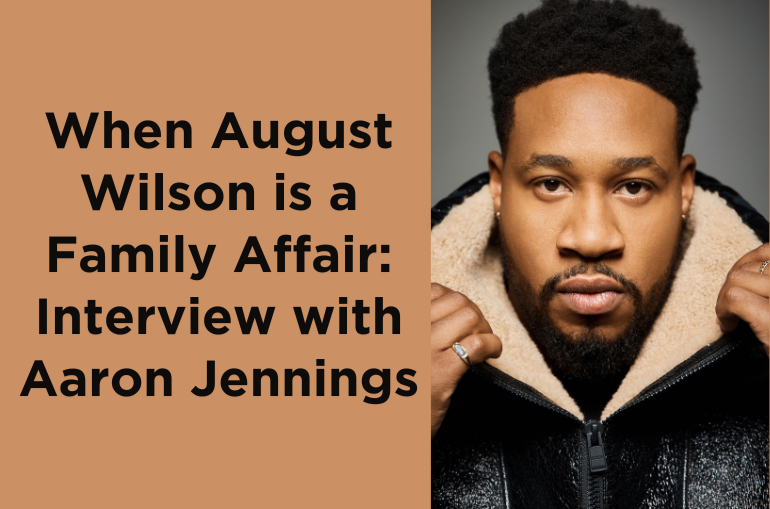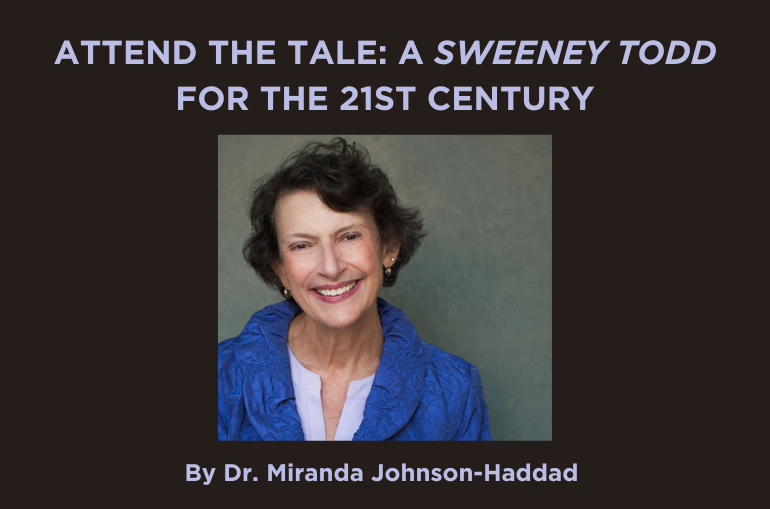Asked and Answered: Arcadia
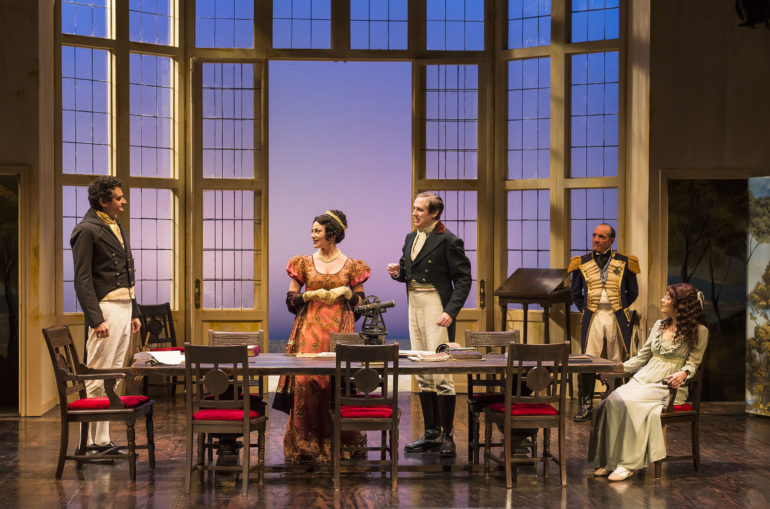
By A Noise Within
November 15, 2016
As we prepare for the final performances of Arcadia (This Sunday, November 20th at 2 and 7pm), we asked the cast to answer some of your frequently asked questions.
How did you prepare for such a multi-themed and complex role?

Erika Soto (Thomasina): Doing the reading of the play earlier this year was hugely helpful in preparing for the role. I’ve played young girls and ingénues in the past, but had to infuse Thomasina with a specific kind of precociousness and high intellect—that meant layering in my own personal maturity into the physicality and energy of a thirteen/sixteen-year-old.
Is it fun to play a teenager?
Erika Soto (Thomasina): It is absolutely fun to play a teenager, especially because teenagers are much more complex and mature than we’d expect! I still feel very connected to my teenaged self through a close relationship with my own sixteen-year-old sister and the students that I’ve worked with at LACHSA.
What percentage of the material do you feel like you have a strong grasp on?
Rafael Goldstein (Septimus): We had the pleasure of having Dr. Julia Greer come in to one of our rehearsals to speak with us about the 2nd Law of Thermodynamics and Entropy and nanotechnology. I probably understand about 0.0007% of the actual mechanics and mathematics of those concepts. However, Dr. Greer was able to break down these extraordinarily complicated ideas into actor-sized paragraphs so that we could intuit their meaning, process them, and deliver the math and science lines with something approaching authenticity.
As for the emotional/interpersonal aspects of the material…some days are better than others.
Susan Angelo (Hannah): ha! 1% actual understanding of the math. 25% understanding of the concept of entropy… or less. 50% understanding of my own beliefs about the mysteries of the universe and the inter-connectiveness of all.
Luckily my character doesn’t know much about math— and so I am only initially interested because of the materials I find in Septimus Hodge’s portfolio— that in turn brings me to Thomasina’s writings and geometry lessons, which in turn bring me to picking the brain of Valentine — to try to get a grasp on what the tutor and his pupil were really up to, and how, if at all, it is connected to my hermit. Up until that point, I am focused soley on my own work, uncovering information about the hermit, hermitage and scouring over landscape designs from 1750-1834. I don’t think I had ever even talked to Val about his work before now, in fact. But my sudden interest in math, (brought on by Bernard inserting himself into the “equation”) takes me by quite by surprise and, though I don’t understand the math per se, I am smart enough to know that this mystery that is unfolding… is huge!! And that we are quite possibly talking about a genius — who was on the brink of a huge discovery about the matter and existence of the world…
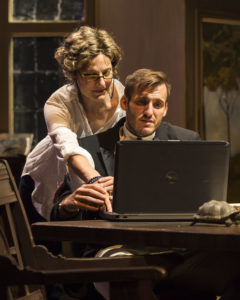
Tavis Doucette (Valentine): The science and math that Tom Stoppard incorporated into Arcadia is very complex. I don’t have the best background in these fields (c+ in algebra, d+ in chemistry), but thankfully, Stoppard used these themes to facilitate the relationships of the characters in conjunction with the overall story. My research consisted of reading James Gleick’s Chaos and watching multiple videos online of iterated algorithms. As an actor, however, I need to inform myself only as much as is necessary to relate to the characters and the text. So I really grasped as much of the math as I could, and used that to create the character.
What topic are you most proud of figuring out?
Rafael Goldstein (Septimus): I think I’m closer than ever before to figuring out what “entropy” is and it’s really cool.
Susan Angelo (Hannah): Entropy. But again… it’s just enough to make me dangerous 🙂
Tavis Doucette (Valentine): I was really excited to learn about the history of the mathematic discoveries that Valentine delves into. Chaos theory turned mathematics upside. The most amazing part about chaos theory, is that multiple different mathematicians were discovering it across the world in different fields. And many became pariahs amongst their peers. They were punk rock mathematicians, going against the mold to pursue the unknown.
What is the question you get most often from patrons?
Erika Soto (Thomasina): I’m often asked if it is difficult to ignore the people from the other time period near the end of the play. The answer? Not as much anymore! We’ve specifically choreographed it to make sure no one runs into each other. I also love the challenge of having to stay really and truly focused in my own “time”.
How has this show’s content been different/more difficult/easy to understand than other recent shows you’ve worked on?
Rafael Goldstein (Septimus): Stoppard is a genius. The first time I read Arcadia I got the basic story-lines and relationships. On repeated readings, I began to see the underlying connections he was making between timelines, the (real or imagined) similarity between the structure of the play and the scientific concepts discussed within it, the mysteries the characters create for themselves unfolding over and over again, etc. As an observer/reader, it is easy to get lost in the minutiae, as well as the expanse. Of course, as a character inside the play, all one can do is play the scene as written and attempt honesty as often as possible…which is a joy because the words are so delicious and the characters so well-drawn. In that way, it is as difficult (and as easy) as any good play.
Susan Angelo (Hannah): Well… usually I find that there is a huge emotional arc for most characters that I play. But Arcadia is less about an emotional journey and much more of an intellectual one. A pursuit “of wanting to know, which makes us matter.” No information or exchange between self and other characters is clouded by my character’s own emotional journey (except perhaps Hannah’s history of her love life…I think she has a broken heart, but that is just a given that she lives with, and has certainly tucked firmly away). While the mystery of the universe may well open her up a tiny bit, it still is an intellectual journey moment by moment……it’s such a carefully crafted play, weaving themes and times together, that you really cannot jump ahead (or linger behind) for a moment in your mind …it is a great challenge on staying present and letting everything unfold moment by moment. All plays are about discovery in the moment, but this one only works with a forward-leaning, passionate intent upon discovery.
Tavis Doucette (Valentine): This is probably the most research I have done on a show. I have been out of theater for a few years, and it is a wonderful feeling being back at the beginning again, diving into a script of such a high caliber. Stoppard is like Shakespeare. Everything you need is in the text. And it has been an honor to work with such a talented cast, crew, and company.
How much research did you do to interpret the play and your role in it?
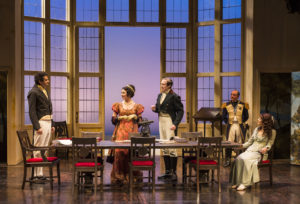
Jeremy Rabb (Ezra Chater): Since we have such a terrific production team and cast, much of my knowledge of the play and character came during the rehearsal process. We spent a good deal of time discussing the intricacies of the play and diving into the characters’ relationships with great specificity. We were also fortunate to have Dr. Julia Greer come and speak to us about the various Physics and mathematics that are so central to the story. I can’t say that I understand everything since it’s such a complex piece, but I definitely feel more deeply grounded in Stoppard’s world as a result.
Abby Craden (Lady Croom): I did some preliminary work on the world of the play such as watching some period films about great estates and upper class British life. I also got a lot of the books that are mentioned to familiarize myself with. I also began to collect images that are mentioned in the play to create a visual board to have in the dressing room of the world we’re inhabiting.
Do you understand the play better as the show continues?
Jeremy Rabb (Ezra Chater): I certainly do. It’s so dense and rich that discoveries repeatedly pop up both with my character and with my understanding of the entire piece. I learn a lot from our audiences as well, not just from their insight in our talk-backs after the show, but also from how they respond to particular moments in the performance. The play feels Shakespearean in that every time I either read it or perform it, I learn something new.
Abby Craden (Lady Croom): I definitely understand the play more and more as a whole piece the longer we do it. Just getting to listen (in dressing room speakers) to the other parts deepens my understanding. I also feel that as the run has gone on I have a deeper understanding of what my character needs and is fighting for in the metaphor of my garden being changed against my will.
What connections did you make or concepts did you grasp between opening night and now?
Jeremy Rabb (Ezra Chater): The music of the dialogue has become much more apparent: the rhythms, tempos and building intensity within each scene all jump out at me with greater clarity. In addition, the missed personal connections between characters have become more poignant as I continue to pick up on the essence of these interactions which can be as subtle as the play’s mathematical concepts.
Abby Craden (Lady Croom): The concepts and connections that have deepened for me are some of the similarities between Hannah and myself (Lady Croom) and how women are still fighting to be taken seriously and not objectified. I think Stoppard brilliantly wrote them as echoes of each other through specific dialogue where we say very similar things.
You play two very different characters in Arcadia. How did you prepare for Gus and Augustus?

Richy Storrs (Gus/Augustus): Preparing for Gus posed an interesting challenge for me. Stoppard mentions him so infrequently and gives him so few moments of social expression, I as an actor found myself presented with an almost total blank slate. Usually you can pin down your character’s perspective from even a few words you get, but this time I was working only with a few precious actions. Early on, Geoff and I worked on giving him a kind of hyper-awareness as well as a certain simplicity of gesture that proved a strong foundation to work from. The rest of the work was very imaginative and engaging because it involved taking the very few clues Stoppard gives about Gus and wondering about their connections! As for Augustus, I mainly thought about what it would be like to be the next Lord Croom in the peak of his youth. It was fun to imagine what a kid would be like if he had such greatness thrust upon him from birth, and I keep having new realizations about this constantly throughout the production with regards to how Augustus holds himself. It is fun to portray two very different incarnations of the Coverly family’s extraordinary genius over time, and I find it fun to switch between the two!
How do you interpret Gus’ quietness? What do you think is Gus’ significance to the play?
Richy Storrs (Gus/Augustus): As for the reasons behind Gus’ quietness… I am not sure! I think Stoppard wanted him to be an unsolvable, indescribable mystery. This is another part of the preparation that is so enjoyable for me, because the writer gives so much room for imaginative exploration that the work can never end! At this point in time (I have gone through different phases during the run), I am wondering whether it is perhaps that Gus’ inner world is so beautiful and whole that he feels he would never be able to communicate it in words. This could perhaps stem from his hyper-awareness and the fact that the entire Croom collection of history and literature is his playground. I think about a child who found the collected journals, workbooks, and discoveries of his ancestors and absorbed them all, the collected knowledge of generations… what would that do to a young boy? As for Gus’ significance, Stoppard put a mute with all the answers in the middle of a bunch of talkers desperately looking for the answers. Gus is the foil to the constant uncertainty of the other characters in the play, and yet he himself is entirely a mystery. What fun!
Have you been surprised by anything you discovered during the rehearsals and performance process? (whether it be about the play, playwright, or the production) What is most impressive/interesting/unusual to you about the way Tom Stoppard wrote this play?
Josie Griffin-Roosth (Stage Manager): I think for me, part of what I find so fascinating about the play is the interconnectedness. It starts out feeling like two parallel narratives – 1800s and modern day – but as we lived with the play and worked it over and over, I picked up on the places where something they talk about in one time directly answers or contradicts events in the other. There is intricacy and meaning loaded into every word, every choice of phrase, and I think the cast does a phenomenal job understanding and conveying that meaning to the audience.
The other thing that just floors me to remember is that English wasn’t Stoppard’s first language!
Thank you to everyone who submitted questions during our post-show survey. If you haven’t seen the show yet, a few tickets are still available. Please click here to book now!
